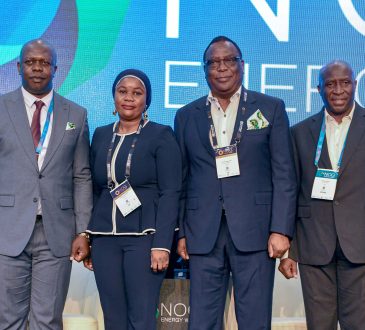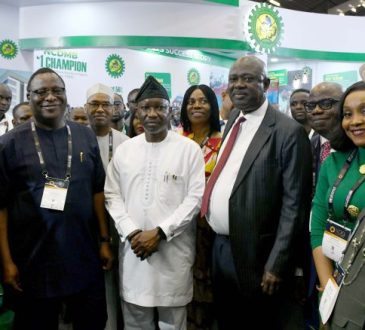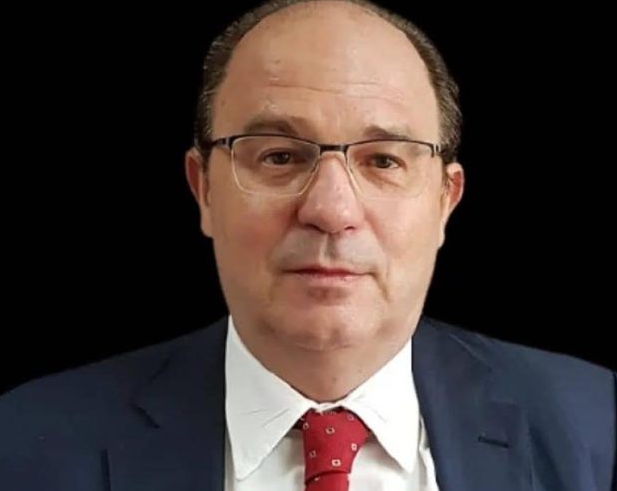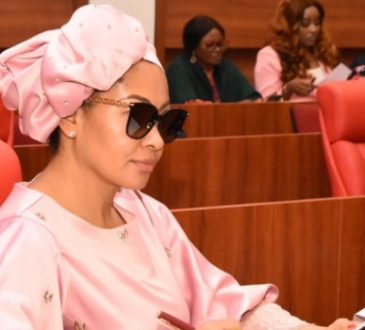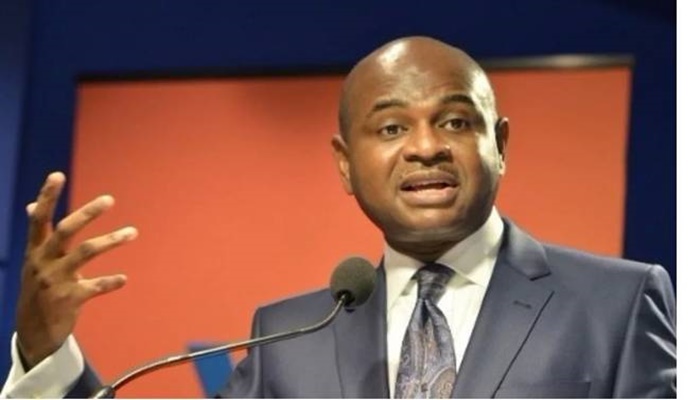
Presidential aspirant, Prof. Kingsley Moghalu, has promised to deliver “economic” restructuring of Nigeria along the six geopolitical zones of the country, if elected in 2019.
Speaking recently in Awka, capital of Anambra State, Moghalu said restructuring the country along the geopolitical zones will deliver economy of scale in each zone and prosperity throughout the country.
Moghalu, who was appointed by President Umaru Yar’Adua in 2009 as a Deputy Governor of the Central Bank of Nigeria (CBN), said restructuring on the basis of States, instead of regions, was not economically viable.
During his address at the 20th annual tax conference of the Chartered Institute of Taxation of Nigeria (CITN) earlier this month, Vice President Yemi Osinbajo, said “Without federal allocation, most states cannot survive.”
However, Moghalu said at his town hall meeting that Osinbajo’s diagnosis was in line with the tradition of the past governments and the current administration of President Muhammadu Buhari, which identifies some of the chronic problems facing the country without mustering sustainable solutions for them.
Moghalu promised he will demonstrate political will and the competence to solve problems that have bedevilled the country for decades, including the fiscal arrangement that serves as disincentive to economic production.
Nigeria has a 36-state federal structure, with the Federal Capital Territory, Abuja serving as the seat of the federal government. Major government’s revenues – including oil export proceeds, which account for more than 90 percent of its foreign exchange earnings or 70 percent of its domestic revenues – are shared monthly in Abuja by the three tiers of government: federal, state and local.
This system has continued to fuel agitation for the regions or states of the federation to “control” revenue generated in their domain and pay taxes to maintain the federal government in Abuja, in accordance with the principle of “fiscal federalism.”
This agitation, most vociferous in the oil-producing regions of the Niger Delta, has gained wider political support and favourable analysis of economic experts who believe that fiscal federalism would help unleash the comparative advantage of each of the regions of the country, thereby boosting productivity and economic growth of the country.
Moghalu has lent support for the restructuring of the country to deliver economic viability and as a key policy ingredient for economic transformation. He said he will deliver, through a constitutional process, the restructuring of Nigeria within the first two years of his administration, if elected in 2019.
The Anambra town hall meeting was the latest of such meetings by Prof. Moghalu in the last two months, after the ones in Makurdi, Benue State; Washington DC (with Nigeria in diaspora); Abeokuta, Ogun State; and Lafia, Nasarawa State.
The town hall meetings are part of his “listening tour” of the entire country ahead of the 2019 general elections, collecting first-hand information from Nigerians on the challenges they face and the solutions they want. His immediate next town hall meetings are scheduled for Enugu, Ebonyi, Niger, Plateau, Imo, Lagos, Ondo, Oyo, Osun, Rivers, and Sokoto states in the coming days and weeks, and other states to follow.



